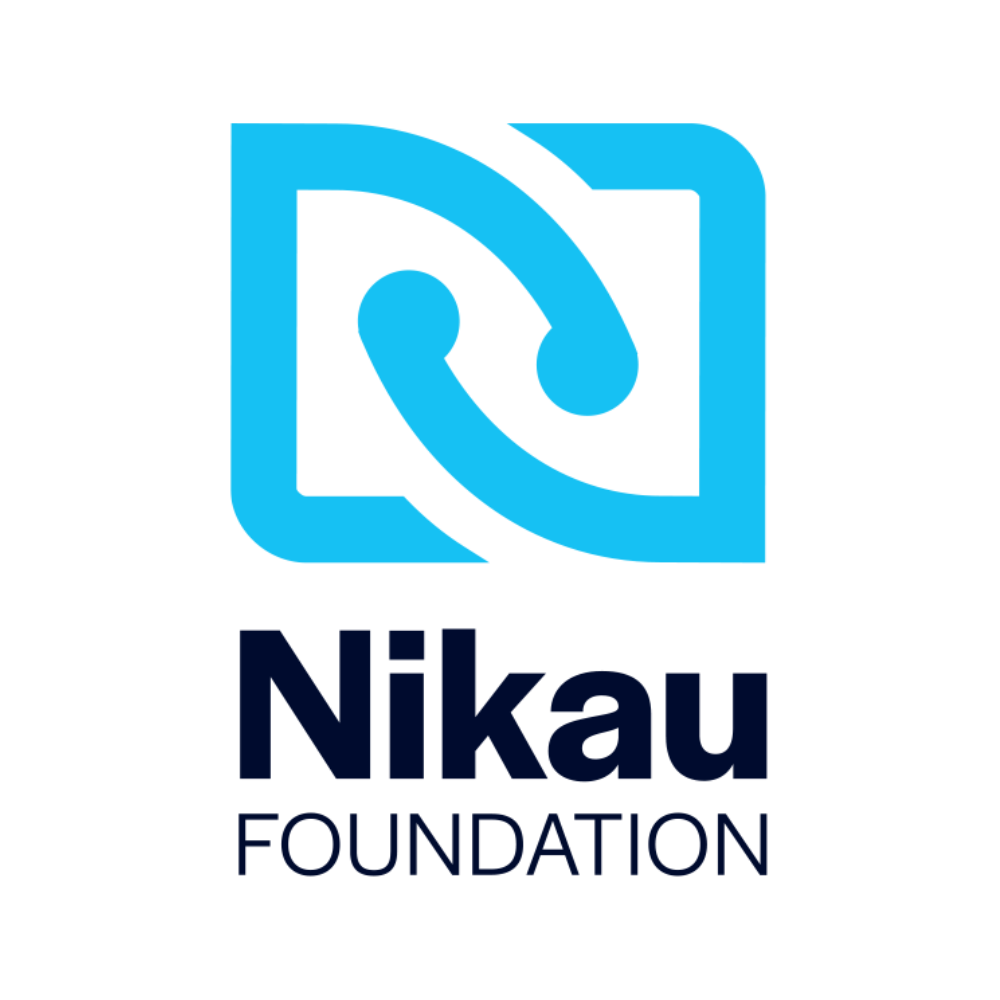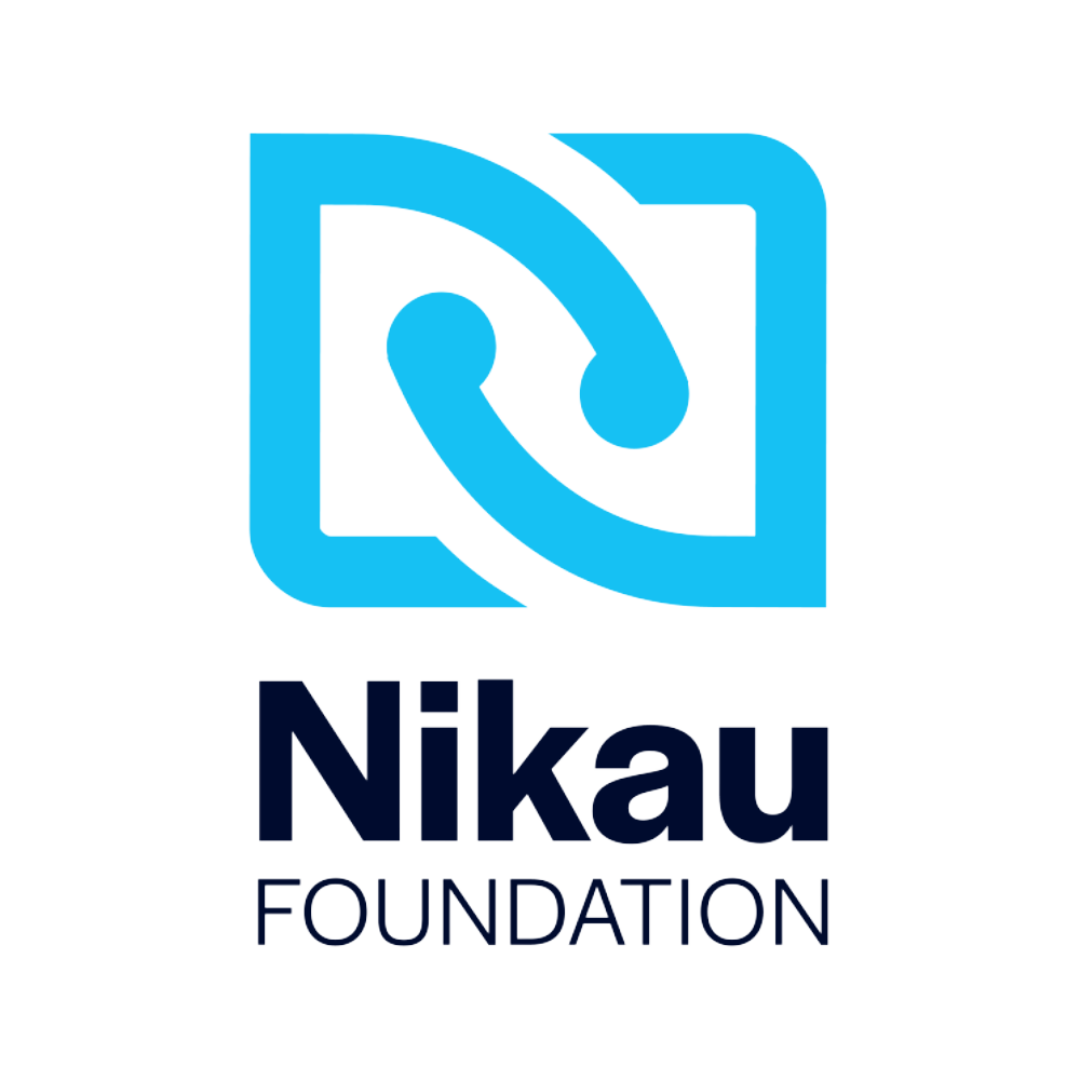Futureproofed funding to fuel and support social change.
As the women stood in a line behind the podium, their carefully prepared notes shaking in their hands, shoulders back and brows furrowed, stories of hope and optimism for the future echoed around the room. The group had just graduated from Arohata Prison’s Drug Treatment Unit and, with help from Toastmasters volunteers, they had prepared valedictory speeches to share with a room of proud whānau, volunteers, and prison staff.
For the women, the graduation ceremony represented a few significant firsts. For some, it was the first time they had been listened to. For others, it was the first time they had spoken to a public audience outside of a courtroom. For all, it was the first time they’d received a certificate; a testament to the immense achievement of becoming drug-free. “They did us proud,” says Toastmasters volunteer, Margaret Nixon, who was tearfully moved as she sat in the audience.
L to R: Sue Hamilton, Margaret Nixon and Peter Gallagher volunteering for Toastmasters at Arohata Prison. Image credit: Sarah Burton. Originally published in Capital Magazine, 2013.
Addressing the root cause of trauma
By that stage, Margaret had been facilitating in-person public speaking programmes for just over 13 years; first at Rimutaka Prison and then at Arohata’s Self-care Unit and Drug Treatment Unit. From both her background working alongside what was then the Department of Justice’s penal division and through conversations with prisoners taking part in the programme, she became aware of the extreme inequities that faced many in our community.
“Many prisoners come from extremely vulnerable and traumatic circumstances,” says Margaret, “They’ve often received very little education, come from unstable family and peer environments, and are disadvantaged in so many other ways.”
Margaret was also aware of the lack of wrap-around services available to support prisoners as they reintegrated back into society. “At the time, reintegration services simply covered the basics” says Margaret, “Did they have somewhere to go? Yes. Did they have family to connect with? Yes. But there was nothing that really addressed the root cause of trauma and to really change a former prisoner’s path in life.”
A fund to fuel social change
It was this gap that informed Margaret’s next chapter of giving; the establishment of the Reintegration upon Leaving Prison Fund, which will be bolstered by a gift in her will.
“Although a full range of services doesn’t yet exist to support positive reintegration, as society changes and these organisations are established, I want to make sure there is funding ready and available for them in future,” she says.
Through Nikau’s connections with the community, Margaret felt assured that the causes closest to her heart would be supported long into the future. “Nikau actively searches out new initiatives and organisations. They’re on top of what’s going on in our community so can make sure the Fund supports prison reintegration in the best possible way.”
In 50 years' time, Margaret hopes that, with help from grants from the Reintegration upon Leaving Prison Fund, individuals will receive the support they need to change their lives for good, organisations will secure the funding they need to address inequities, and society will benefit from solutions that intervene and break the cycle of intergenerational trauma.


